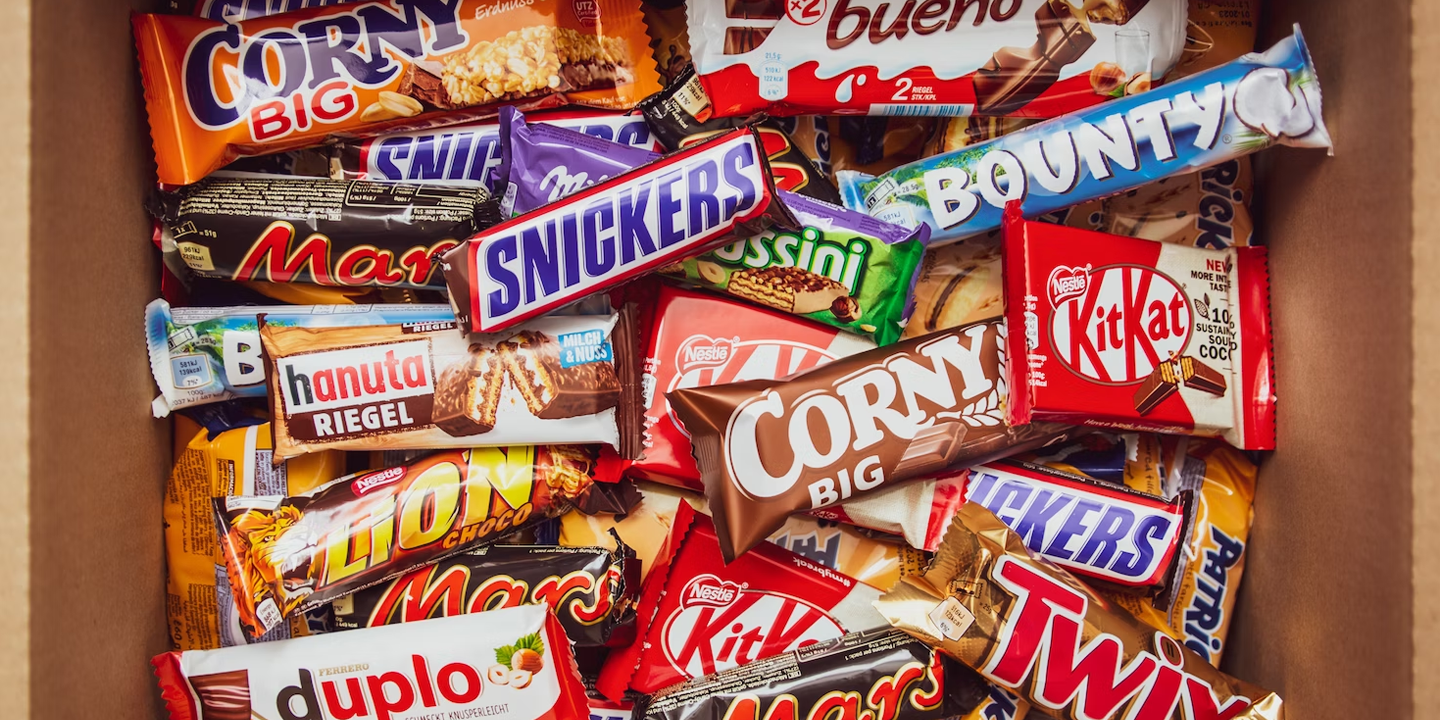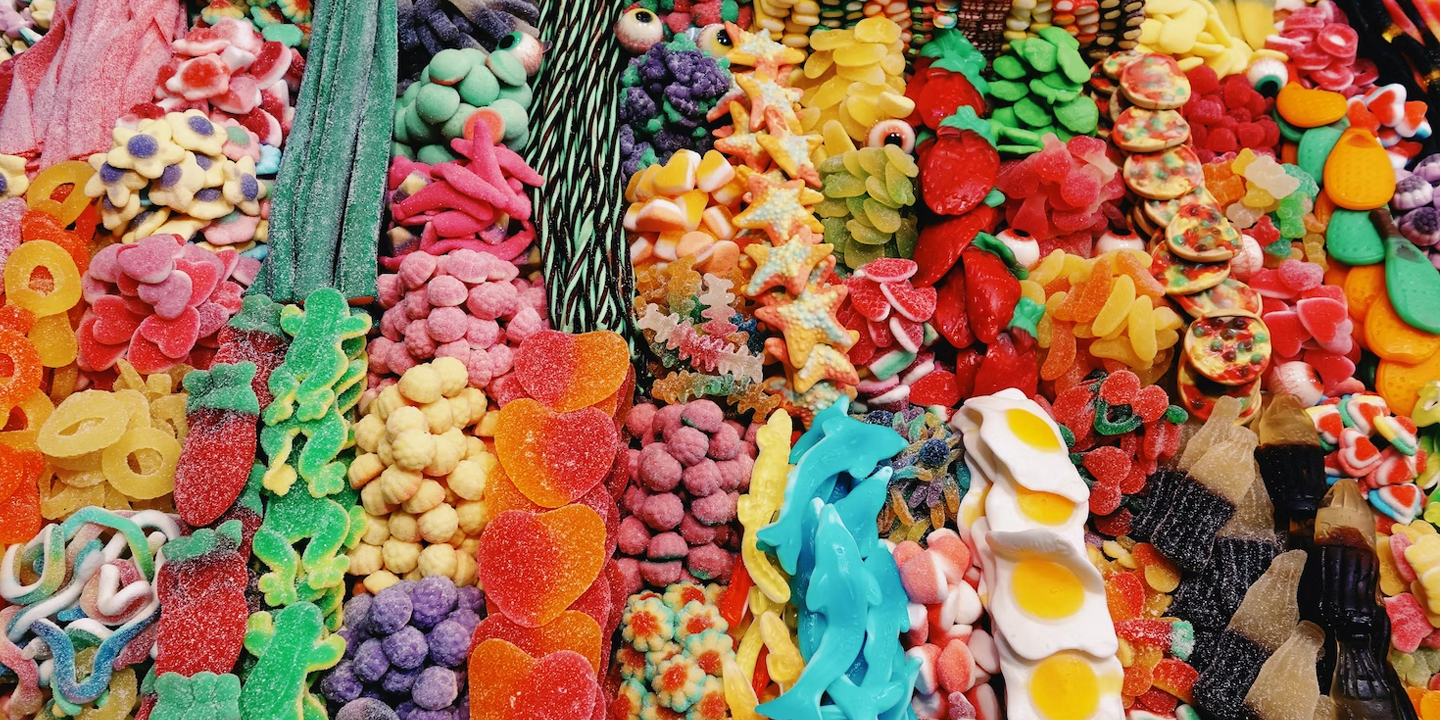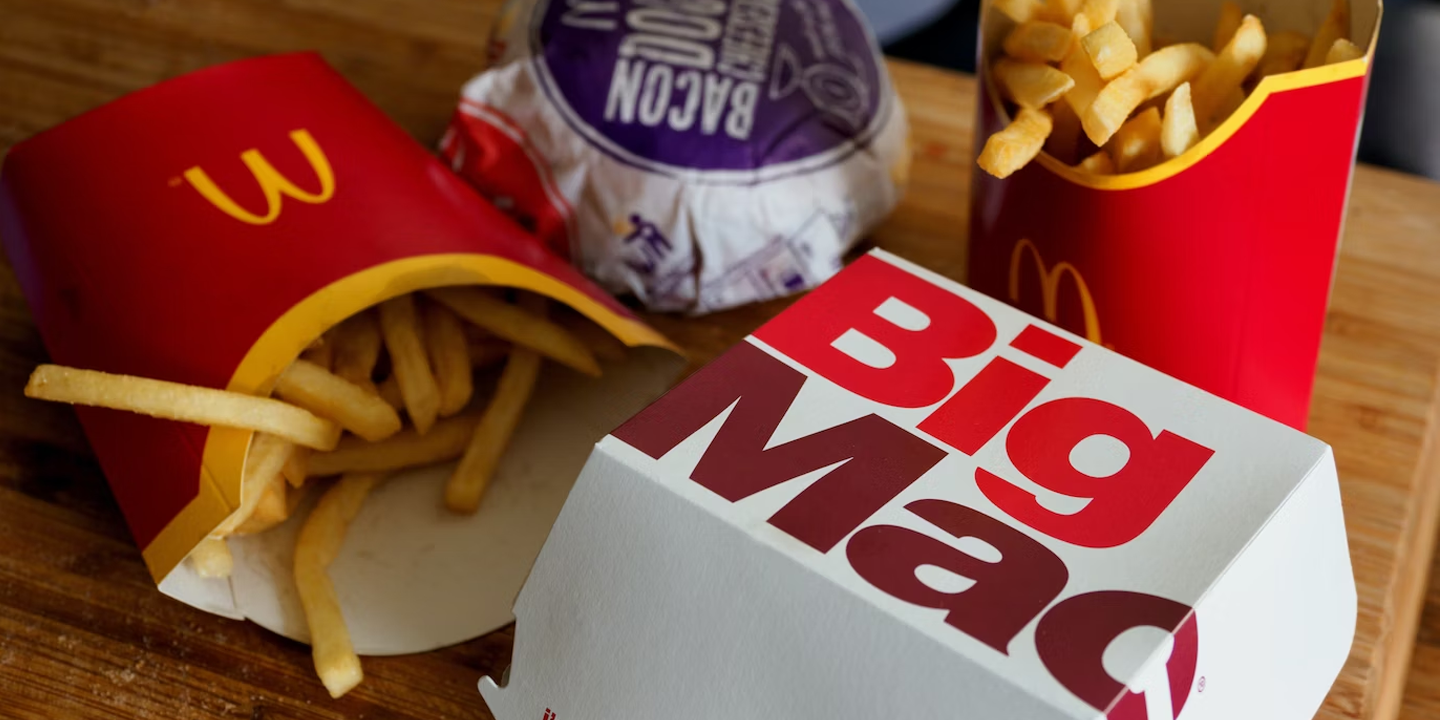Are You Exhausted After Eating? You’re Not Alone—Here’s How You Can Fight The Fatigue
Are You Exhausted After Eating? You’re Not Alone—Here’s How You Can Fight The Fatigue
You’ve just finished a satisfying meal. The flavors were perfect, the conversation pleasant, and the warmth of good food lingers well beyond the final bite. Then, like a curtain falling after the final act, fatigue creeps in. Your eyelids grow heavy, and you start to wonder why something as simple as eating can leave you so drained and out of it.
That post-meal tiredness isn’t just your imagination, and you're certainly not alone in feeling it. Across offices, kitchens, and restaurants everywhere, people feel their energy dip after eating. Some blame the carbs, others the size of their portions, but the truth lies in the quiet choreography of your daily rhythms working behind the scenes.
So, let’s find out what’s really making you so tired after meals, and how you can fight back against the fatigue.
Why You Feel Drained After A Meal
Every bite you take sets off a wave of internal activity. Once food enters your stomach, blood rushes toward your digestive organs to help process nutrients. That natural redirection leaves less blood for muscles and the brain, leading to a feeling of sluggishness. It’s your body prioritizing digestion—but the effect can feel like an energy crash.
Even the type of food you eat makes a difference. Meals high in refined carbs, like white pasta or pastries, cause your blood sugar to rise quickly. The body then releases insulin to bring it back down, and that drop often triggers fatigue. Meanwhile, protein-rich foods such as turkey, chicken, or eggs contain tryptophan, which boosts serotonin and melatonin—the same chemicals that help you relax and sleep. Together, they can make a heavy lunch feel like a tranquilizer.
Then there’s timing. The midafternoon energy dip, known as the circadian lull, hits many adults between 2 and 4 p.m. Eating a large meal during that window compounds the fatigue, making concentration harder. Add in a fast-paced lifestyle—working lunches, distracted dinners, and late-night snacking—and your body never truly gets the rhythm it craves.
How To Fight Post-Meal Fatigue
You don’t need to eat less—you need to eat smarter. Start by pairing complex carbohydrates with lean proteins and healthy fats. A meal with brown rice, grilled fish, and vegetables keeps blood sugar stable and energy steady. Instead of three large meals, try smaller, balanced portions throughout the day.
Take a short walk after eating. Even a five-minute stroll signals your body to stay alert while aiding digestion. Drink water before and after meals to keep things moving smoothly. And when possible, slow down.
Keeping a simple food journal can also reveal patterns. If you notice that certain foods always make you drowsy, you can adjust. Small changes, like steady hydration, mindful meals, and consistent sleep, work together to prevent that crash and keep you energized long after you’ve eaten.
So next time fatigue hits after lunch, don’t fight it blindly. Listen, adjust, and let your energy work with you, and not against you.
KEEP ON READING

The Most Popular Chocolate Bars in the USA








